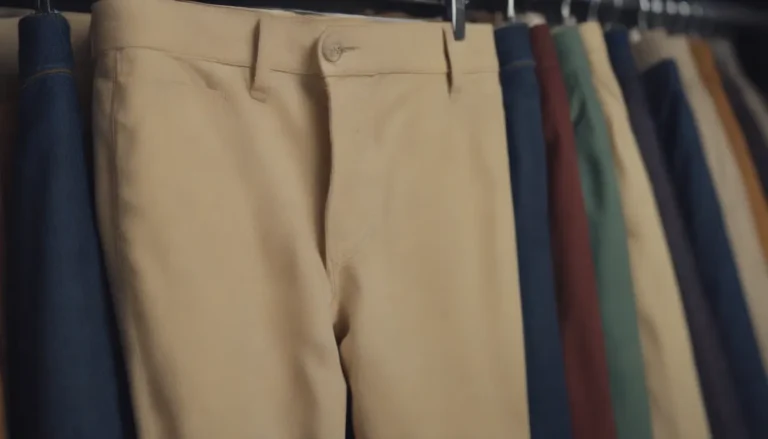The Benefits of Using Cold Water for Laundry: What You Need to Know

When it comes to doing laundry, choosing the right water temperature can have a significant impact on not only your clothes but also your energy bills and the environment. While cold water is often the best choice for most loads, there are certain situations where warm or hot water may be more effective. In this comprehensive guide, we will explore the benefits of using cold water for laundry, when to opt for warmer temperatures, and how to best care for your clothes while minimizing your environmental impact.
Why Cold Water is Ideal for Most Loads
Before we delve into the specifics of water temperatures, let’s first discuss why cold water is generally the best choice for most laundry loads. Here are three key reasons to opt for cold water:
-
Save Energy: By choosing cold water over warm or hot water, you can significantly reduce your electric and water bills. In fact, up to 90% of the energy used by your washer is attributed to heating water. Unless you are dealing with tough stains that require warmer temperatures, cold water is the most energy-efficient option.
-
Longer-Lasting Clothes: Cold water is gentler on fabrics and can help your clothes last longer. Warm or hot water is more likely to cause fading, wrinkling, and shrinking, especially for delicate items like bras, silk, or wool. If you want to extend the lifespan of your garments, cold water is the way to go.
-
Protect the Environment: Washing your clothes in cold water can help reduce microfiber shedding and protect the environment. Microfibers from clothing can end up polluting waterways and harming wildlife. By choosing cold water, you can minimize this impact and reduce your environmental footprint.
When to Use Warm or Hot Water
While cold water is suitable for the majority of laundry loads, there are instances where warmer temperatures may be necessary. Here are three scenarios where warm or hot water is recommended:
-
Removing Oil or Grease Stains: Warm or hot water is more effective at removing oil or grease stains compared to cold water. If you are dealing with tough stains that are oil-based, opting for a warmer water temperature may help lift the stain more effectively.
-
Washing Towels or Sheets: Items like towels and bedding that are heavily soiled may benefit from a warm or hot water wash. Warmer temperatures are better at sanitizing and thoroughly cleaning items that have accumulated dirt and sweat.
-
Colder Climate: If you live in a region where the tap water runs colder, you may need to use warmer water temperatures to ensure proper cleaning. Some laundry detergents are most effective at temperatures above 60 degrees, so adjusting the water temperature based on your climate is essential.
Tips for Effective Cold Water Washing
While cold water is ideal for most loads, there are a few tips to ensure you get the best results when washing with colder temperatures:
-
Choose Liquid Detergent: Powder laundry detergents may not dissolve as effectively in cold water. Opt for a liquid detergent for better results when washing in cold water.
-
Check Clothing Labels: Always check the care label on your clothes to determine the appropriate water temperature. Cold water is generally safe for most fabrics and helps prevent issues like shrinking and wrinkles.
-
Prevent Microfiber Shedding: By selecting cold water, you can reduce microfiber shedding and minimize environmental impact. Cold water is gentler on fabrics, making it a more sustainable choice in the long run.
In Conclusion
In summary, cold water is typically the best option for most laundry loads due to its energy efficiency, gentle treatment of fabrics, and environmental benefits. However, there are situations where warmer temperatures may be necessary for effective stain removal or sanitation. By understanding the benefits of using cold water for laundry and knowing when to adjust the water temperature, you can optimize your washing routine for both your clothes and the planet. Remember to always check clothing labels, choose the right detergent, and consider the specific needs of each load to ensure optimal results. By making informed choices about water temperature, you can promote sustainability and prolong the life of your clothes.





